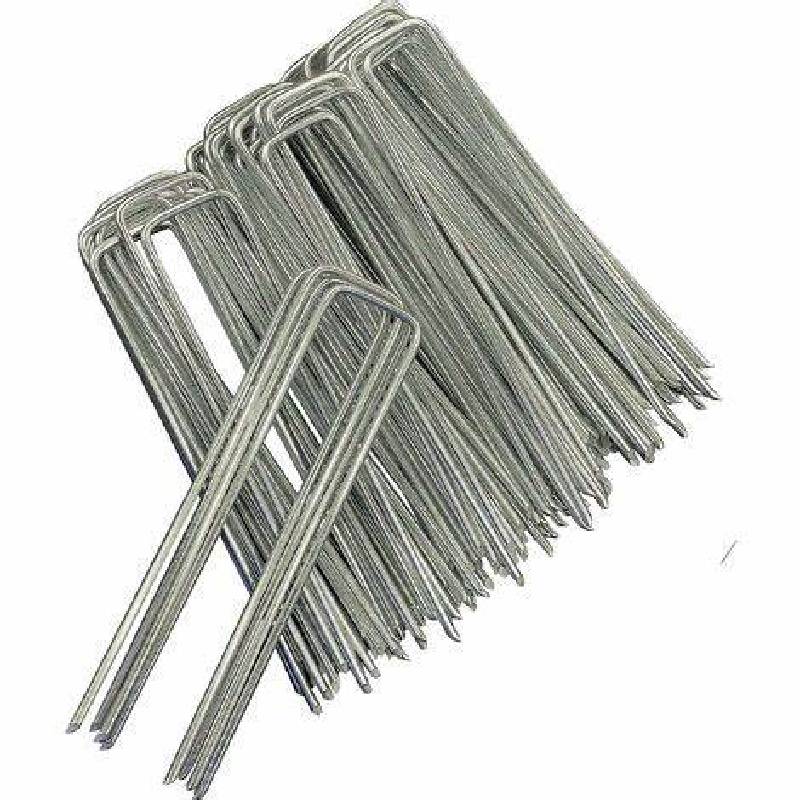
- Mobile Phone
- +8613931874955
- sales@cntcmetal.com
Insulated Iron Wire for Effective Electrical Applications and Enhanced Safety Solutions
Understanding Insulated Iron Wire Properties, Applications, and Advantages
Insulated iron wire serves a critical role in various industries, owing to its unique properties and practical applications. This article aims to delve into what insulated iron wire is, its benefits, and its diverse uses across different sectors.
What is Insulated Iron Wire?
Insulated iron wire is defined as a type of wire made from iron and coated with an insulating material, typically plastic or rubber. This insulation acts as a protective layer, preventing electrical currents from escaping and protecting the wire from environmental factors such as moisture, heat, and corrosion. The wire itself retains the properties of iron, making it durable and strong, while the insulation enhances safety and efficiency in its applications.
Properties of Insulated Iron Wire
1. Conductivity Iron has a relatively good electrical conductivity compared to other materials, making insulated iron wire suitable for various electrical applications. Though copper and aluminum are commonly preferred, iron's lower cost and adequate conductivity make it a viable alternative in many scenarios.
2. Durability The iron core gives the wire exceptional tensile strength, making it resistant to stretching and breakage. Coupled with insulation, it can withstand harsh conditions, enhancing its longevity and reliability.
3. Corrosion Resistance The insulation layer protects the iron from rust and corrosion, which is particularly important in outdoor applications or locations with high humidity. Some insulated wires are made from materials that can endure extreme weather conditions, aiding in their long-term performance.
4. Safety Insulation reduces the risk of electrical shock or short circuits. This is crucial for applications involving high voltages or where users may come into contact with the wire.
Applications of Insulated Iron Wire
The versatility of insulated iron wire allows it to be used in a wide array of applications
insulated iron wire

1. Electrical Wiring Insulated iron wire is utilized in electrical installations, particularly for power distribution and transmission. It serves as a reliable connection in residential and commercial buildings, ensuring safety and efficiency in electrical systems.
2. Construction In the construction industry, insulated iron wire is employed for reinforcing concrete structures. Its strength supports the stability of beams, columns, and foundations, while the insulation provides additional protection against environmental elements.
3. Telecommunications Insulated iron wire can also be found in telecommunications applications, including telephone and data cables. The insulation prevents interference and signal loss, ensuring clear communication.
4. Manufacturing and Industry Insulated iron wire plays a significant role in various manufacturing processes, providing necessary connections for machines and equipment. It is often used in motor windings and transformer applications, where its durability and insulation properties are essential.
5. Crafts and DIY Projects On a smaller scale, insulated iron wire is a popular choice for DIY enthusiasts and crafters. Whether for making jewelry, creating art pieces, or constructing models, the wire's flexibility and strength allow for a range of creative applications.
Advantages of Insulated Iron Wire
The incorporation of insulation provides several advantages that enhance the utility of iron wire
- Cost-Effectiveness Insulated iron wire is generally more affordable than its copper counterpart, making it an attractive option for budget-conscious projects while still offering good conductivity. - Versatility Its multiple applications across diverse sectors make insulated iron wire a versatile choice for both professionals and hobbyists.
- Ease of Handling The insulation allows for easier handling during installation. It reduces the likelihood of accidental electrical leaks and ensures safer working conditions.
Conclusion
Insulated iron wire is a valuable material across various industries due to its conductivity, strength, and resistance to environmental factors. Whether in electrical installations, construction, telecommunications, or DIY crafts, its versatility and cost-effectiveness make it an essential choice. As technology continues to evolve, the development of even more advanced insulated wire products will likely expand the possibilities for both industrial applications and everyday use, solidifying its role in modern society.
share:
-
Why Sacrificial Formwork Is Redefining Underground ConstructionNewsJun.06,2025
-
The Structural Dynamics of Modern Concrete: How Snake Spacers Revolutionize Flexible ReinforcementNewsJun.06,2025
-
Snake Spacers Smart-Lock Concrete Reinforcement with Surgical PrecisionNewsJun.06,2025
-
Snake Spacers: Reinforcement Precision for Modern Concrete ProjectsNewsJun.06,2025
-
Snake Spacers Powering Concrete's Structural DNANewsJun.06,2025
-
Slither into Success: Snake Spacers' Precision Bite for Unbreakable ReinforcementNewsJun.06,2025
-
Sacrificial Formwork: Building Stronger, Faster, and Safer StructuresNewsJun.06,2025



















